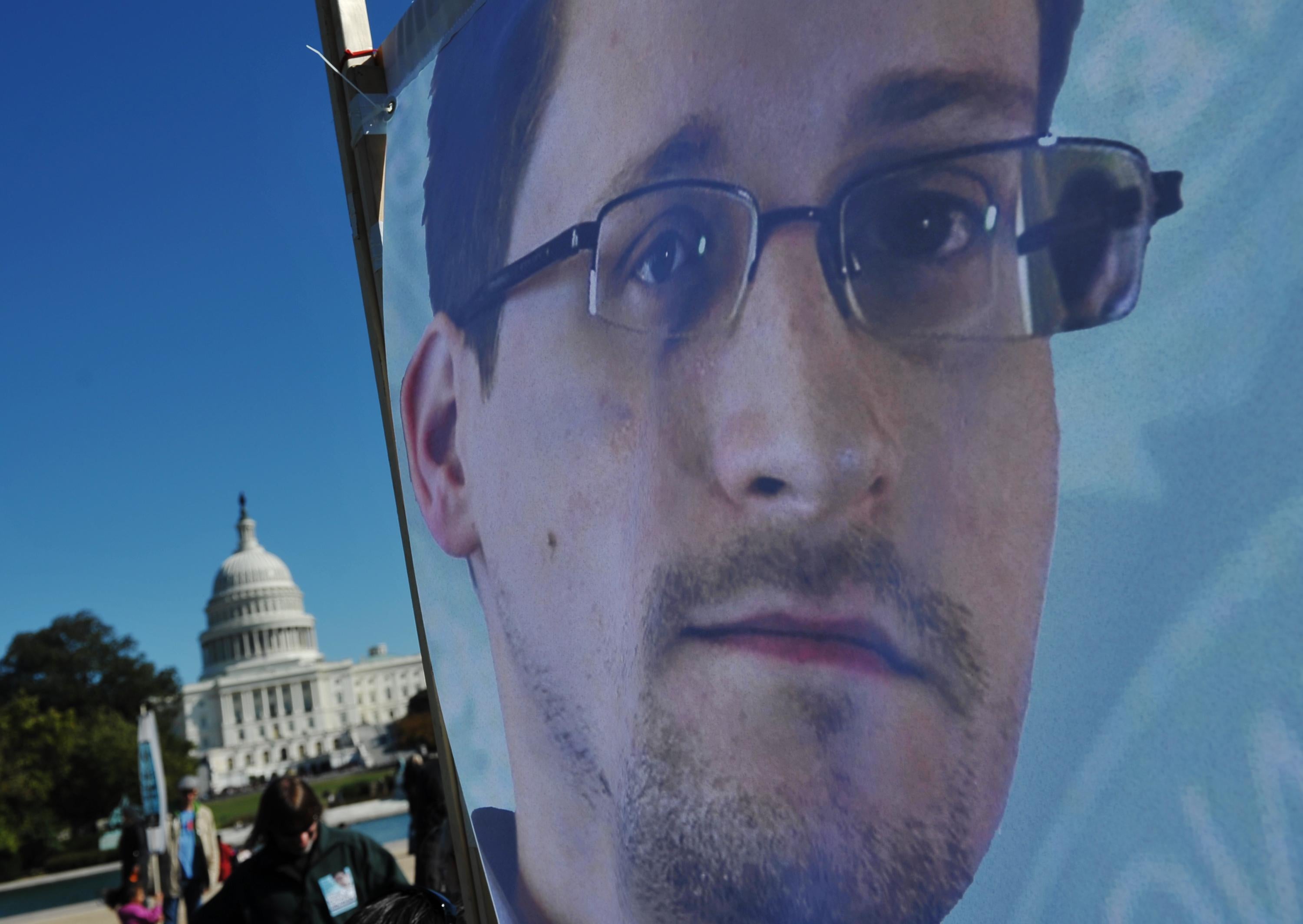I’m currently in China with several other U.S. journalists on a reporting fellowship sponsored by the East-West Center and the Better Hong Kong Foundation. In addition to normal blog updates, for the next two weeks I’ll be posting a few observations from meetings with local businesspeople and officials.
It’s only the first day, but I find it somewhat telling that I’ve already heard the name Edward Snowden several times.
At a meeting this morning with officials from the recently established China Public Diplomacy Association, I brought up China’s Web censorship and asked whether blocking social networking sites like Twitter and Facebook hampers the country’s ability to project a more positive image abroad.
The organization’s deputy secretary general, Zhao Shiren, replied that while the Internet should eventually be more open to Chinese citizens, it should also be managed, as “all countries have some management of the Internet,” a fact he said should be particularly evident after the Snowden affair. He went on to describe the vision of Internet freedom as pushed by the United States as one in which “Internet access should be free but eyes are watching behind you.”
I don’t find the equivalency drawn between the NSA’s monitoring and China’s Great Firewall to be convincing—the programs have very different intentions and vastly different consequences for users—but that doesn’t mean it can’t be an effective argument in international settings. It becomes a lot harder for the U.S. government or American organizations to make the case for a free and open Internet when it looks an awful lot from the outside like we simply want an Internet that’s easier to spy on. And China isn’t the only government beginning to talk this way. It may very well be that the U.S. is simply no longer the best-positioned to make these arguments.
I’m having a hard time imagining that whatever scoops the NSA got from Felipe Calderón’s email and Angela Merkel’s cellphone were worth it.
